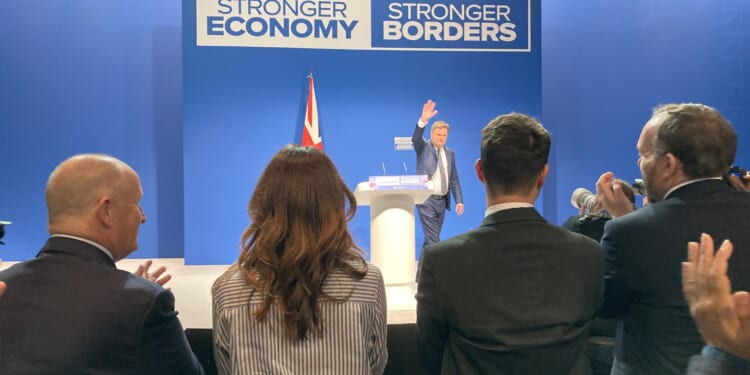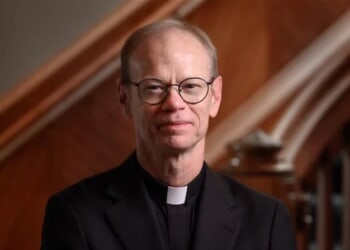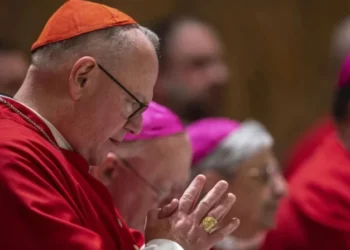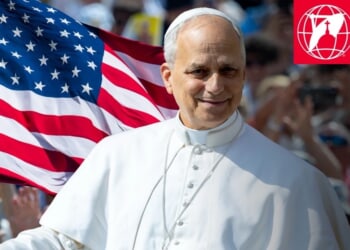Sir Mel Stride is the Basil Radford of British politics. In The Lady Vanishes, directed by Alfred Hitchcock, Radford and his friend Naunton Wayne yearn to find out the score in the Test match, and to reach England in time for the final day’s play, and remain oblivious to the evil machinations by a foreign power which are unfolding on the train on which they are travelling.
Even better, in Night Train to Munich, directed by Carol Reed, Radford is shocked to discover, as the Second World War breaks out, that he has lost his golf clubs.
In both films, Radford remains the very model of an unexcitable Englishman, self-possessed in the face of danger. It is this unexcitable quality that is so marked in Stride.
Yesterday morning the Shadow Chancellor took to the airwaves to warn that “the country is living beyond its means” and if we carry on as we are, “we’re going to end up in a fairly dark place”.
That use of the term “fairly” is quintessential Stride. He is not hysterical. He is a reasonable man, who sees reasonable cause for concern, but does not believe the country is about to be cast into outer darkness.
His conference speech was entitled “Responsible radicalism”: once again, the qualifying term, “responsible”, reassured us he was not about to promote unbounded radicalism, which would be an unconservative thing to do
But he did advocate a different approach to the present Government’s: “Where Labour choose debt we choose discipline.”
Rachel Reeves is expected, in the Budget, to announce tax rises. The Conservatives instead advocate cuts in welfare spending (on less serious mental health difficulties), civil service numbers, overseas aid and a few other budgets.
As a list of cuts, this is unconvincing, for as Tom Clougherty of the Institute of Economic Affairs observes: “Ultimately, no political party is going to be able to balance the books only by cutting things their supporters don’t like.”
Stride avoided in particular the pensions triple lock, which anyone can see is unsustainable.
But as a direction of travel, his speech is exactly right. Millions of people agree with Stride that we should cut spending rather than put up taxes.
And this is where Stride’s unexcitability might become invaluable. Bringing the state under control will involve hard, unglamorous, back-breaking toil.
In his speech, Stride recalled that in the 1980s, “I had Nigel Lawson cutting my taxes and removing the red tape.”
Before Lawson’s pyrotechnics came the hard, unglamorous work of Sir Geoffrey Howe to put the public finances in order. A vast amount of preparatory work had been done while the Conservatives were in opposition, so Howe knew what he was trying to do, but implementation was a labour of Hercules, with many setbacks, and doubters even in the Cabinet.
The comparison should not be pushed too far. The Seventies had seen such a record of failure by both Labour and the Conservatives, such high inflation and unbounded trade union power, that a substantial part of the electorate accepted the need for stern measures.
This time no such body of opinion exists, and most politicians find it expedient to remain in denial. Sir Keir Starmer’s team devoted immense energy to beating Jeremy Corbyn, and then beating the Conservatives, but gave little thought to what they would need to do after winning the general election.
Starmer seems to have imagined that once virtuous people led by a virtuous Prime Minister were running the show, things would start to come right, and any need for uncomfortable decisions could be averted by going for growth.
He and Rachel Reeves proceeded to blame the wicked Tories for having left the country and its finances in a far worse state than had been apparent before the general election.
They did this so frequently they began to sound as if they were running the country down. It did not occur to the PM to follow the example of President Truman and place a sign on his desk saying, “The buck stops here!”
Starmer and Reeves instead assured us they had been left a £22 billion black hole, not realising there is actually a black hole which year by year is growing far larger than that, because of the inherent propensity of various forms of spending as at present organised – welfare, pensions, health, debt interest etcetera – to grow.
The Conservatives hope they can distinguish themselves from their competitors by becoming the only party to take this problem seriously. Stride yesterday began to do so. But this was a cautious start to what must at length become, whoever carries it out, a reform on the scale of a second Beveridge.










![Florida Officer Shot Twice in the Face During Service Call; Suspect Killed [WATCH]](https://www.right2024.com/wp-content/uploads/2025/12/Inmate-Escapes-Atlanta-Hospital-After-Suicide-Attempt-Steals-SUV-Handgun-350x250.jpg)






